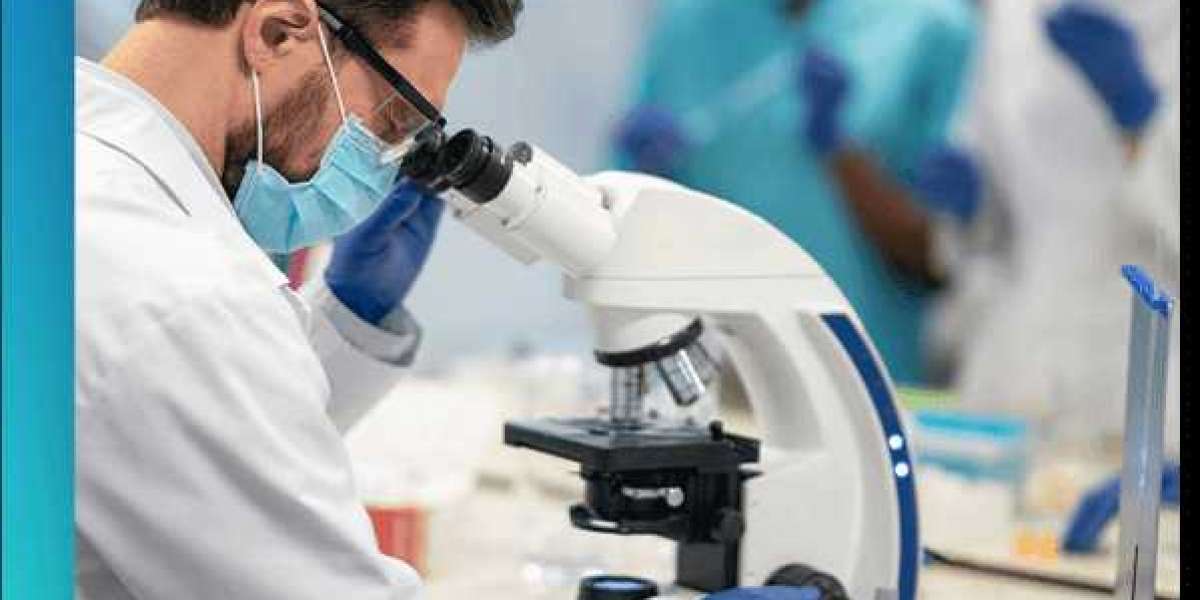Delving into the Diverse Realm of Sample Collection Tests

The medical testing landscape encompasses a diverse range of examinations that involve the collection of bodily samples, each designed to address specific health concerns. Let's delve into the primary categories of sample collection tests:
- Blood Tests: These tests, also known as venipuncture or phlebotomy, involve drawing blood from a vein, typically in the arm. Blood tests can assess a wide range of health parameters, including blood cell counts, hormone levels, electrolyte levels, and the presence of infectious agents or antibodies. Common blood tests include complete blood counts (CBCs), blood glucose tests, and lipid panels.
- Urine Tests: Urinalysis, the examination of urine, provides valuable insights into kidney function, urinary tract health, and overall metabolic status. Urine samples are typically collected midstream, meaning the first and last portions of urination are discarded, and the middle portion is collected in a sterile container.
- Sputum Tests: Sputum, the mucus produced by the lower airways, is analyzed to detect respiratory infections, such as pneumonia or tuberculosis. Sputum samples can be collected by coughing deeply and expectorating the mucus into a sterile container.
- Stool Tests: Stool analysis, also known as fecal examination, aids in diagnosing digestive issues, parasitic infections, and certain types of cancer. Stool samples can be collected using a stool collection kit, which provides a container and instructions for proper sample collection.
- Swab Tests: Swab tests involve using a sterile cotton swab to collect cells or secretions from various parts of the body, such as the throat, nose, vagina, or rectum. These tests are commonly used to diagnose bacterial, viral, or fungal infections.
For more information, visit us







